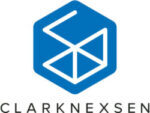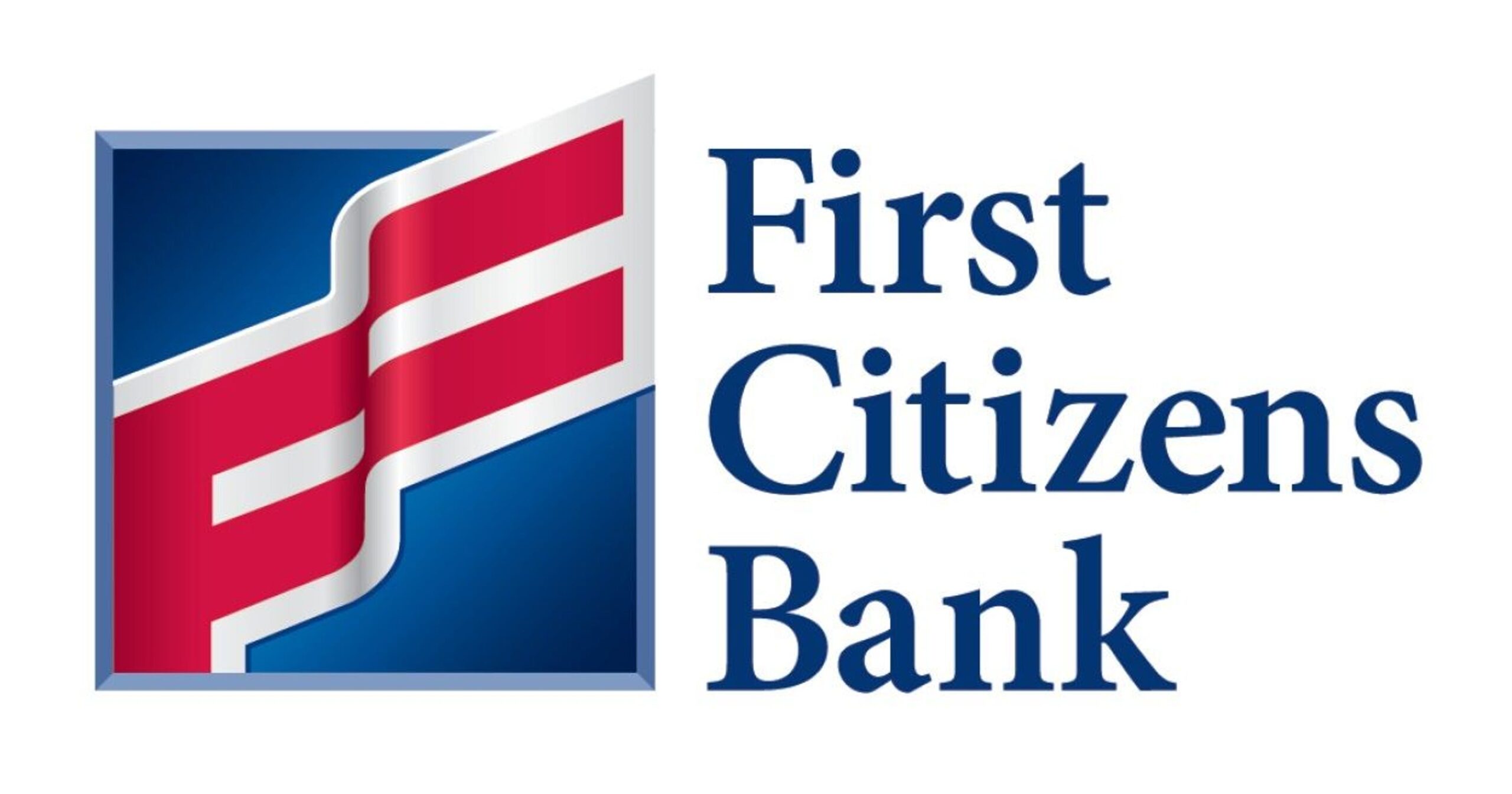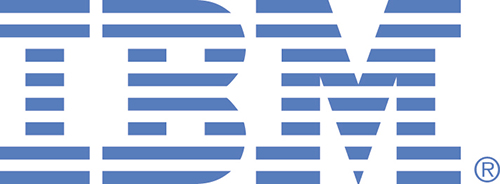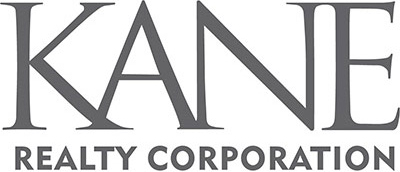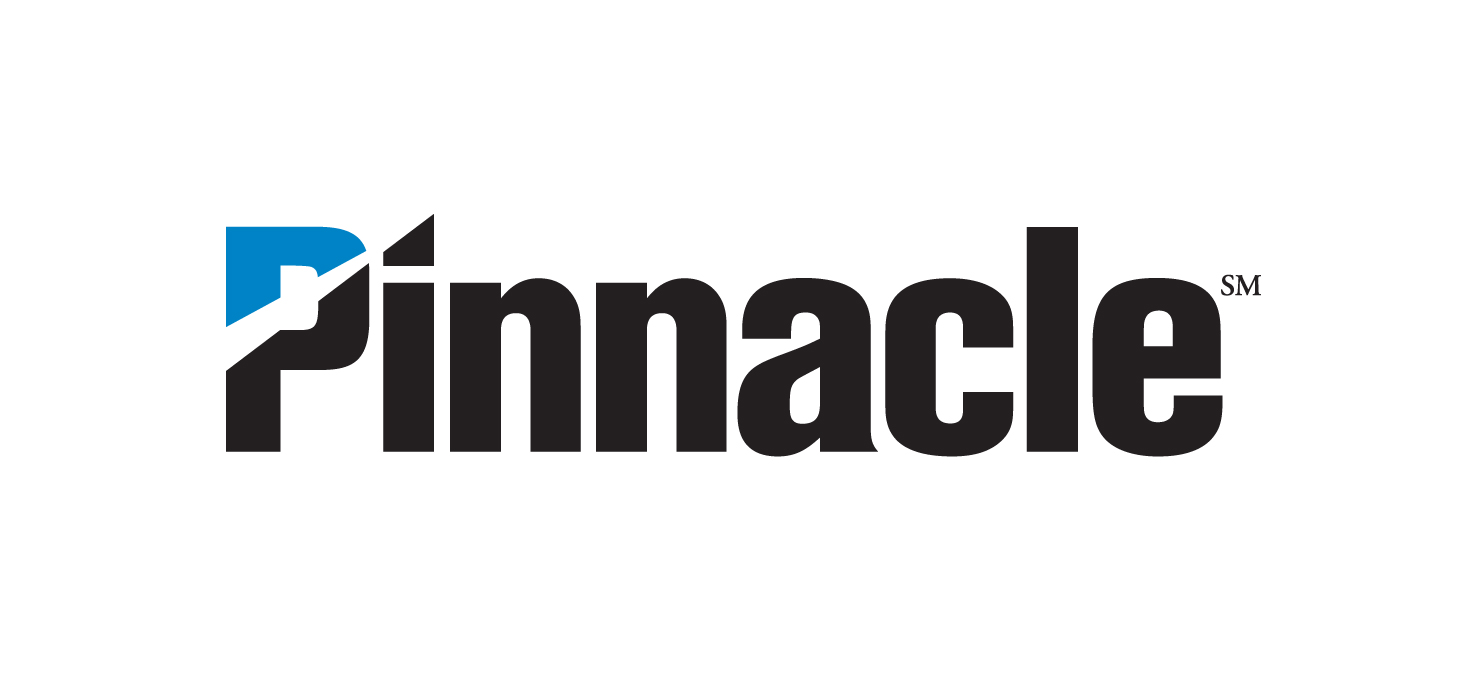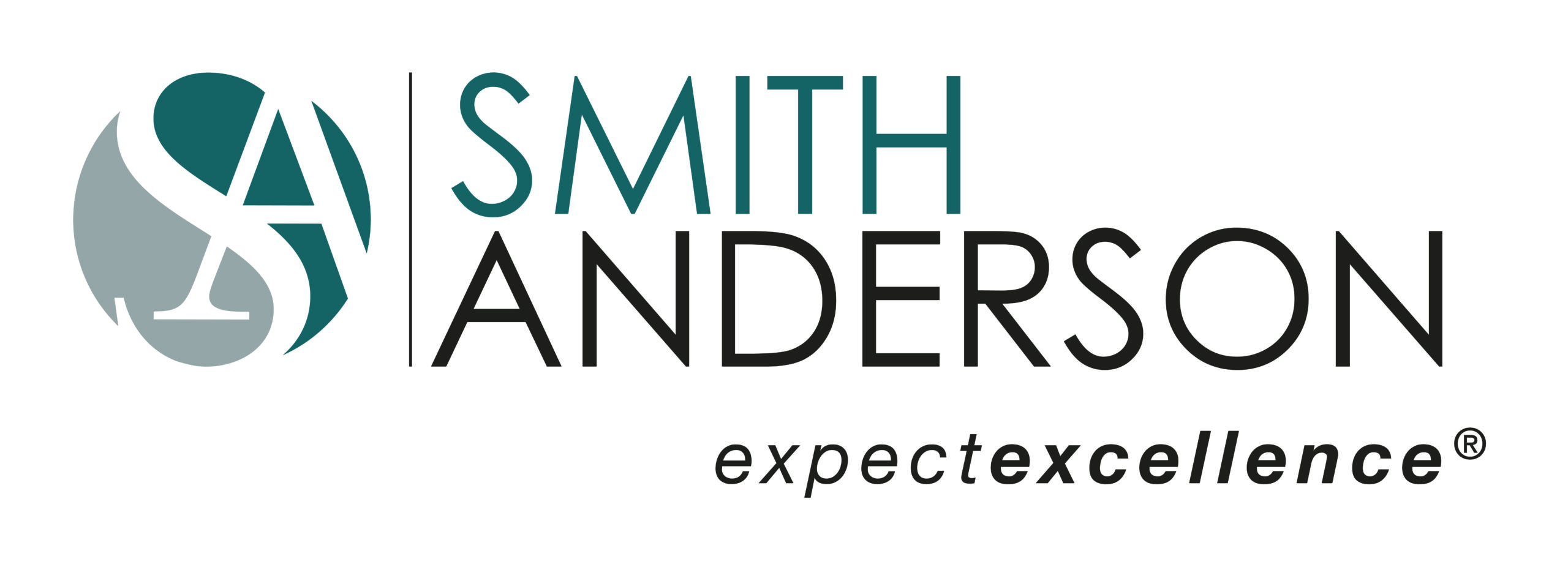Access User Fees — a 2023 update, and plans for 2024
- December 7, 2023
- Posted by: Jacob Rigg
- Category: Blog
RTA members and partners,
RTA continues to work with the NC Chamber — the leader of the statewide Destination 2030 coalition — and our member and partner chambers of commerce to advance an “access user fee” framework for modernizing transportation funding.
An access user fee is a simple, fair, and resilient method of replacing the state gas tax, supporting economic development in both metro and rural areas, and stabilizing funding to keep projects moving.
An access fee framework will provide a predictable, stable source of revenue for NCDOT and highway transportation projects.
RTA applauds the NC General Assembly for its strong progress on this issue, including the implementation of new or increased partial access user fees for both electric and hybrid vehicles this year. We encourage full implementation of the access user fee for all non-diesel vehicles, along with the simultaneous repeal of the state gas tax.
More information after the break.
* * * * * * * * * *
Since electric vehicles consume zero gas, and therefore are unable to contribute to state gas tax revenue, North Carolina implemented a partial access fee in 2013. That amount has been periodically adjusted since initial implementation; it will rise to $180 in 2024. In addition, hybrid vehicles, which consume less gas than typical internal combustion engine vehicles, will pay a partial access user fee of $90 starting in 2024.
The remaining pathway for full implementation of an access user fee approach is essentially this:
- 1. Raise the existing annual partial access user fee on electric vehicles ($140.25/year, increasing to $180/year on 1/1/24) to what the owner of a typical gasoline-powered vehicle pays in gas taxes over the course of a year (currently around $251/year or about $21/month);
- 2. Charge all passenger vehicles the same access user fee rate – whether electric, gasoline, or hybrid;
- 3. Allow vehicle owners to pay the access user fee on a monthly, quarterly, or annual basis; and
- 4. Eliminate all state gas taxes.
The fee would not initially apply to diesel vehicles, so current truck taxation methods would remain.
With an access fee, everyone would pay the same rate, regardless of the type of vehicle you drive, where you live, or month-to-month variation in travel. An access fee is analogous to a typical monthly mobile phone bill, where you aren’t charged per minutes used but rather a flat, predictable fee for access to a reliable network.
Drivers who travel further for work and other activities would pay less in access fees than they do today in gas taxes, and they would also pay less than they would under a vehicle miles traveled taxation framework. Access user fees for transportation would be more predictable and stable, for both motorists and NCDOT, even if travel and fuel usage were to drop in a recession or pandemic.
Plus, the state won’t have to create a new revenue collection bureaucracy, and North Carolinians won’t have to track vehicle miles traveled.
RTA, several of our member chambers of commerce, and the NC Chamber will continue to push for an access user fee framework in 2024. Please let me know if you are have additional questions about this opportunity to modernize and stabilize transportation funding in North Carolina.
Let’s get moving,
Joe
Joe Milazzo II, PE
RTA Executive Director




